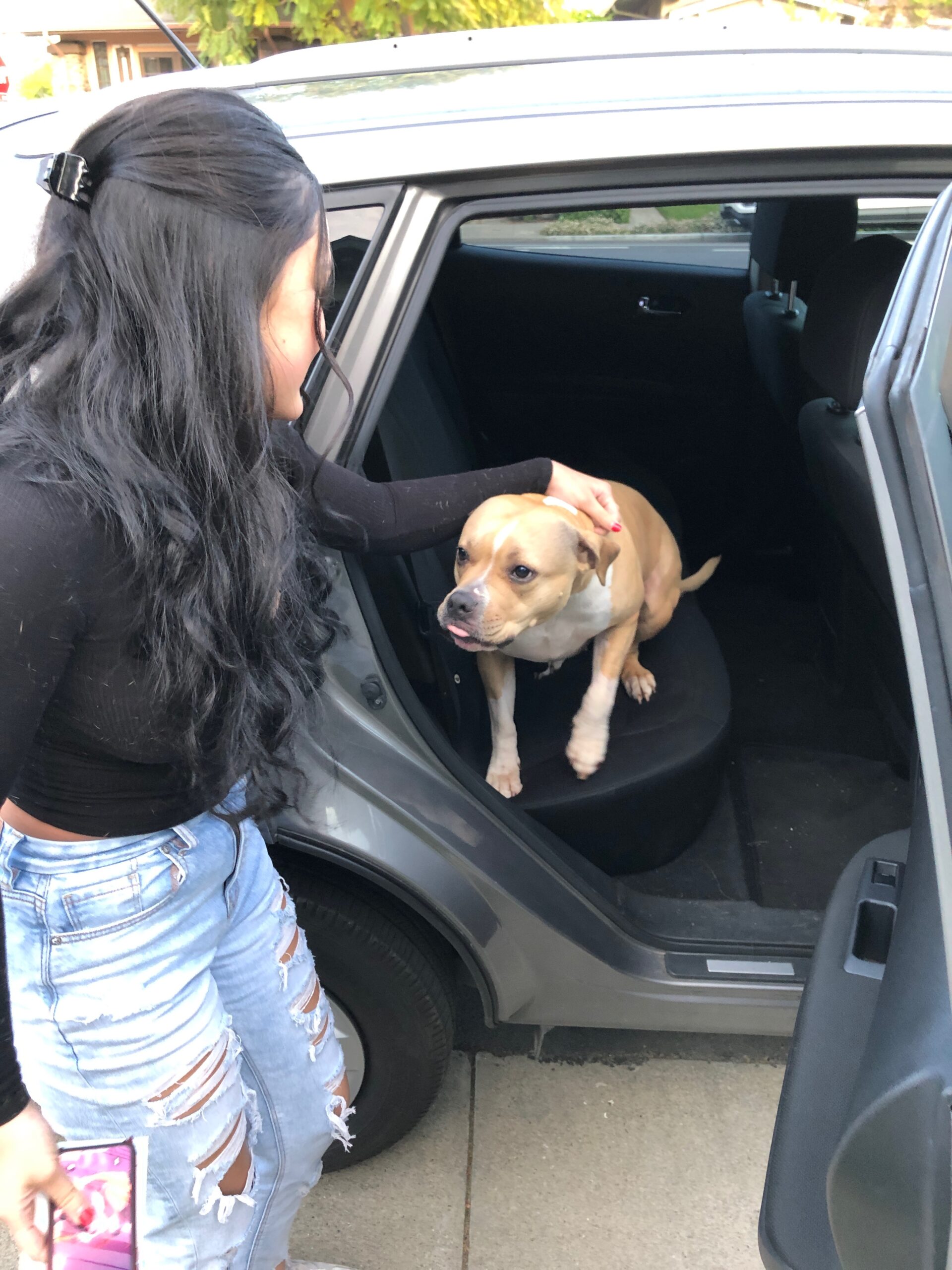Text and Video by Larry Freeman The boiling, tempestuous energy, innate wanderlust and search for self of teen youth collides with the culture bending power of rock and roll music. In the 1950’s, teenagers asserted and informally cultivated a media catalyzed identity and, for the first time, became a distinctive, recognized culture unto themselves in the change driven times between childhood and adulthood. This panoply of print materials and record jackets gives a brief chronicle on the ongoing battle between… [READ MORE].
Monthly Archives: April 2023
(PLUS YOUR FIRST WRITTEN ASSIGNMENT) AN AUDIO LESSON Please listen carefully to the following audio lesson, presented below in two parts, and take notes under the heading ‘LESSON ONE: WHAT IS NEWS’. Note: If you are hearing impaired, you may read the text of the lecture below instead. All students are free to use the text version for review, note taking etc. after listening Save your notes and the worksheet for this lesson until after you have completed the program. At that… [READ MORE].
Hello ANN Journalism Education participant and welcome back. The following audio material is for your note guide as you move forward in building your craft as a news journalists. So jot away on your notes at your own pace, and pause or re-listen as you wish, to help you pen down the basics, and be sure to LABEL THE LESSON “5 W’s 1H” PART I, PART II and PART III. Just a reminder, PLEASE LISTEN to the audio or listen… [READ MORE].
Howdy, and welcome back; What’s up? Yep, that’s right “WHAT” is up for more about the WHAT business, with a warning to the wise: AVOID GENERIC WHAT’S In other words, when is a what is not a what ? or what I like to call NON-WHATS Time and time again, especially students or even some adult print news journalists will plug in ‘generic’ whats — aka: NON WHATS Here are a few samples to clarify: A the School Board held… [READ MORE].
Hello again, and welcome back. We’ve covered most of the basics on the WHO, WHAT AND WHEN ingredients for news stories , and now it’s time for HOW! “WHY?” you may ask. Good start! WHY indeed. That’s what I’m talking about. But WHY? Well, BECAUSE WHY is elemental to a good news story. In fact, many a news story begins with but a single question: WHY did that happen? WHY is/isn’t X doing something about this problem?” To go further,… [READ MORE].
GUIDE FOR TAKING A PRESS RELEASE OR OTHER BASIC PR STYLE WRITEUP AND TURNING IT INTO A STORY. How to take a press release or other form of developed story idea and build a deeper, richer new/feature story around it. A. THE PRESS RELEASE This provides the meat and bones for a story that needs interviews, context, more depth and color while embracing various human interest angles associated with the sinews of the basic story. —————- Date: July 11, 2022… [READ MORE].
CAPTURE THE MOMENT Timing is everything. Keep your eye(s) on the action if you are not shooting a still shot. Anticipate as best you can. Sometimes you can track what is in frame in the viewfinder or on screen with one eye and use your other eye to watch the full external environment with the other. When the moment comes into play (the ball off the bat, the apogee of the slam dunk, the slide into home etc. have your… [READ MORE].
Alameda High School Junior, Hannah Boles, had no idea she was about to engage in her second stray dog rescue when she spied a white and tan Pit Bull mix wandering aimlessly down Fernside Boulevard in Alameda on Sunday April 12th. This time it would require uncommon patience on the part of this 16 year old, the kind of staying and caring power not always a part of her age group, or even those way past it. She asked her sister,… [READ MORE].
PHOTO BRIEF KEY INGREDIENTS: A solid Photobrief (combination of a short news story/ news brief combined with a photo that is central to the essence of the story, not merely complementary; you may also add one or two more to the photo element of a photobrief) A) A PHOTO HEADLINE/DESCRIPTOR B) A PERSPECTIVE “HOOK” OR OVERVIEW (Sentence One) C) A NEWS ELEMENT, with lookback to last year for context (Sent. Two) D) A DESCRITPION/SPECIFICATION OF WHAT THE PHOTO IS (… [READ MORE].
How to identify How to convince When to Preservation of (the rolodex) ===================== TACTICS FOR PREPARING SOURCE INTERVIEW (go to how not to get played) TYPES AND PURPOSES OF QUESTIONS Closed vs. open ended Loaded vs unloaded Statement based STRATEGIC SEQUENCING OF QUESTIONS HOW TO BUILD MORE PROBATIVE RATHER THAN SUPERFICIAL QUESTIONS. IT ALL STARTS WITH DO YOUR HOMEWORK = PRINCIPLE 4 SO THAT YOU ARE NOT JUST USING A KEY SOURCE TO ESTABLISH BASIC BEDROCK KNOWLEDGE, BUT RATHER TO… [READ MORE].

